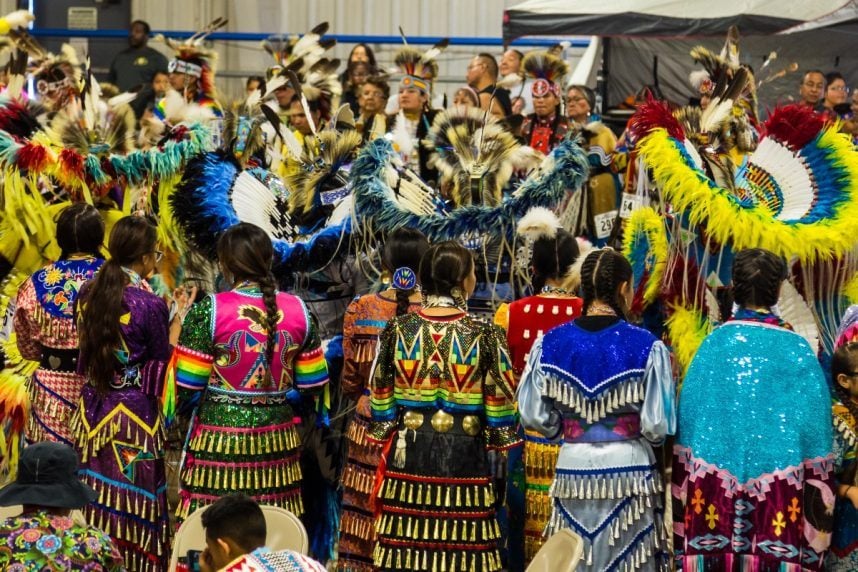Colorado Tribes Will Likely Appeal Federal Ruling Prohibiting Online Sports Bets
Posted on: October 26, 2025, 07:33h.
Last updated on: October 25, 2025, 04:04h.
- Colorado tribes cannot operate online sports betting
- Two Native tribes are challenging the ban in federal court
A federal judge in Colorado’s US District Court has ruled against two native tribes in their pursuit to operate online sportsbooks.

In a ruling handed down on Thursday, Oct. 23, federal Judge Gordon Gallagher sided with the state on its claims that tribal gaming in Colorado must be limited to sovereign land. In July 2024, the Southern Ute Indian Tribe, later joined by the Ute Mountain Ute Tribe, sued Colorado and Gov. Jared Polis (D) on allegations that the state failed to negotiate in good faith with the Native communities, which hold Class III gaming compacts that allow them to operate tribal casinos on the Indian lands, for online sports betting privileges.
After Colorado’s commercial mobile sportsbook market launched in May 2020, the state ordered online tribal sportsbooks to cease operating. State attorneys said the tribal Class III compacts allow only for gambling games approved by the state to occur on tribal land.
The tribes sued, claiming that there’s a legal precedent among federal courts stipulating that the so-called hub and spoke model allows for online sports bets to be considered tribal gaming activity, so long as the computer server facilitating the wager remains on sovereign land.
Judge Disagrees With Florida Decision
In 2023, federal courts in Florida agreed with Gov. Ron DeSantis (R), the Seminole Tribe, and the US Interior Department that online sports betting is a tribal gambling activity if the sportsbook’s computer server is on Seminole land. Gallagher disagreed.
This court finds that the gaming occurs where the bettor is located — in this context, the location of the bettor is the only determining factor for whether gaming is on Indian land,” Gallagher wrote.
The judge said the Indian Gaming Regulatory Act (IGRA) only allows for tribal gaming on Native land.
If the bettor is on Indian land, the gaming activity is on Indian land and IGRA applies. If the bettor is off Indian land, e.g., in Denver, the bettor is not engaged in gaming on Indian land and IGRA does not apply,” Gallagher opined.
The judge also said the state indeed negotiated in good faith with the gaming tribes in regards to online sports betting. He cited the fact that Colorado agreed to allow the tribes to engage in online sports gambling, so long as they, like commercial operators, share 10% of their gross revenue and agree to be regulated by the Colorado Division of Gaming.
“The tribes are sovereign nations in their own right. However, their ability to offer gaming is confined by IGRA, as is any waiver of immunity by the State of Colorado,” Gallagher continued.
Appeal Likely
The tribes are likely to appeal the district court’s ruling.
The tribe respects Judge Gallagher and appreciates the time he has given to this issue. We believe a different result is mandated by federal law and will be evaluating how to move forward in the coming weeks,” a statement from the Southern Ute Indian Tribe read. “The tribe’s gaming compact with the state is unmistakably clear — the tribe can engage in all Class III games ‘that are explicitly authorized by the laws of the state.'”
Polis’ office was pleased with Gallagher’s ruling,
“We deeply respect the government-to-government relationship the state has with the Ute Mountain Ute and Southern Ute Indian Tribes. We are glad that the court ruled in the state’s favor to ensure Colorado can continue to manage sports betting in a way that works best for Coloradans and our state and continue funding important water projects around the state,” the governor’s office said.
No comments yet